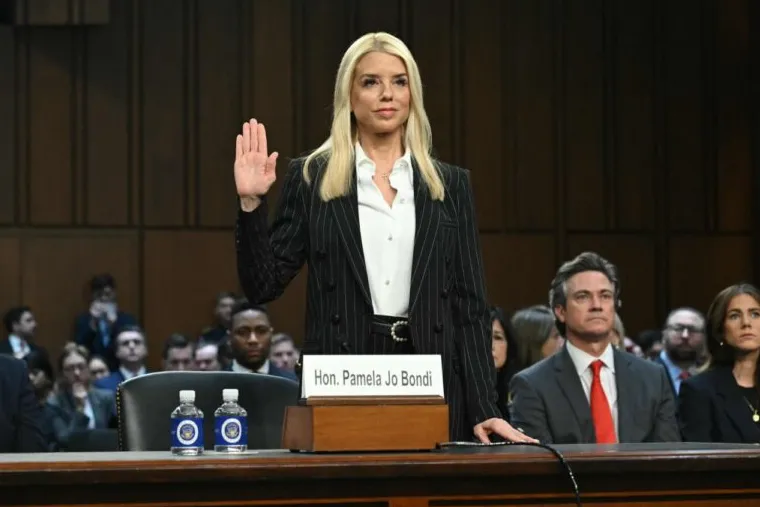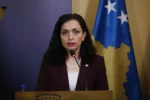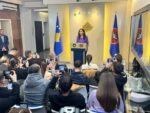A group of Republican members of the U.S. Congress has formally requested that Attorney General Pam Bondi open an investigation into the alleged use of Russian Orthodox churches in the United States as channels for Moscow’s intelligence operations, according to a report by lansinginstitute.org, cited by KosovaPress.
The initiative was led by Congressman Joe Wilson, who—together with several colleagues—warned that the Russian Orthodox Church Outside Russia (ROCOR), which operates under the influence of the Moscow Patriarchate, is reportedly seeking to expand its political footprint in the United States.
Concerns Over Meetings in Washington
Lawmakers pointed to a recent visit by Russian Orthodox clergy to Washington, where they reportedly held meetings with representatives of the White House Office for Faith-Based Initiatives, State Department officials, and Congressional lobbyists.
According to the lawmakers, such contacts raise concerns that certain clerics and lobbyists connected to the Church could function as tools of influence—or even as information collectors—on behalf of the Kremlin. They stressed that there exists a “reasonable suspicion” of such influence operations.
Long-Standing Accusations of Influence Operations
In their letter, the congressmen argued that the Russian Orthodox Church (ROC) has for years served not only as a religious entity but also as a foreign-influence platform for the Kremlin. They asserted that ROC structures outside Russia often act as networks for propaganda, political lobbying, and access to key social and political figures, including in the United States.
In the U.S., several Moscow-linked jurisdictions operate openly, including:
- parishes under the Moscow Patriarchate,
- the ROCOR, and
- the Orthodox Church in America (OCA), which has historically maintained ties with Russia.
Lawmakers added that other Orthodox jurisdictions, including Serbian and Bulgarian churches in the U.S., maintain traditional ties with Moscow and could also be exposed to influence networks.
How These Networks Allegedly Operate
Security analysts and the lawmakers outlined several practices that raise concern:
- Clergy operating as covert contacts, with unrestricted mobility and access to official meetings.
- Use of religious networks and charitable organizations to gather information through non-transparent channels.
- Involvement of the ROC’s Department for External Church Relations, whose activities often overlap with Russian intelligence services.
- NGOs linked to the Church that function as operational centers for influencing U.S. public opinion and political processes.
Soviet-Era Intelligence Links Still Relevant
Documents unsealed after the fall of the Soviet Union have shown that the Russian Orthodox Church was deeply infiltrated by the KGB, with several senior clergy operating under code names such as “Agent DROZDOV” and “Agent ADAMANT.” Lawmakers argue that this institutional legacy persists, shaping how the modern Russian state deploys religious structures abroad.
Heightened U.S. Concerns After the 2022 Ukraine Invasion
Since Russia’s full-scale invasion of Ukraine in 2022, lawmakers say the activities of Moscow-linked Orthodox structures in the U.S. have intensified. Pro-Kremlin narratives have reportedly increased across religious channels, and some clergy have traveled to Washington for high-level meetings, raising further concerns.
Republican lawmakers note that if their suspicions prove accurate, it would mean that certain religious institutions operating in the U.S. are serving as influence networks for a foreign power, one that Washington views as a strategic adversary.







